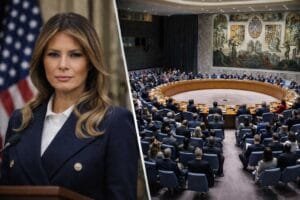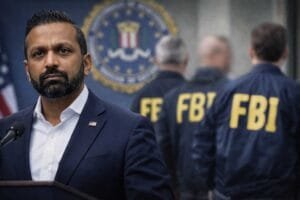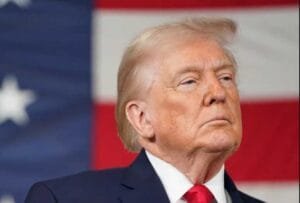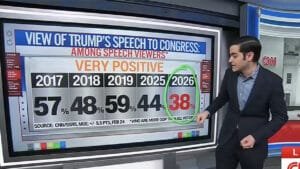Nigeria Government ‘Welcomes US Help’ to Fight Terrorism After Trump’s Warning
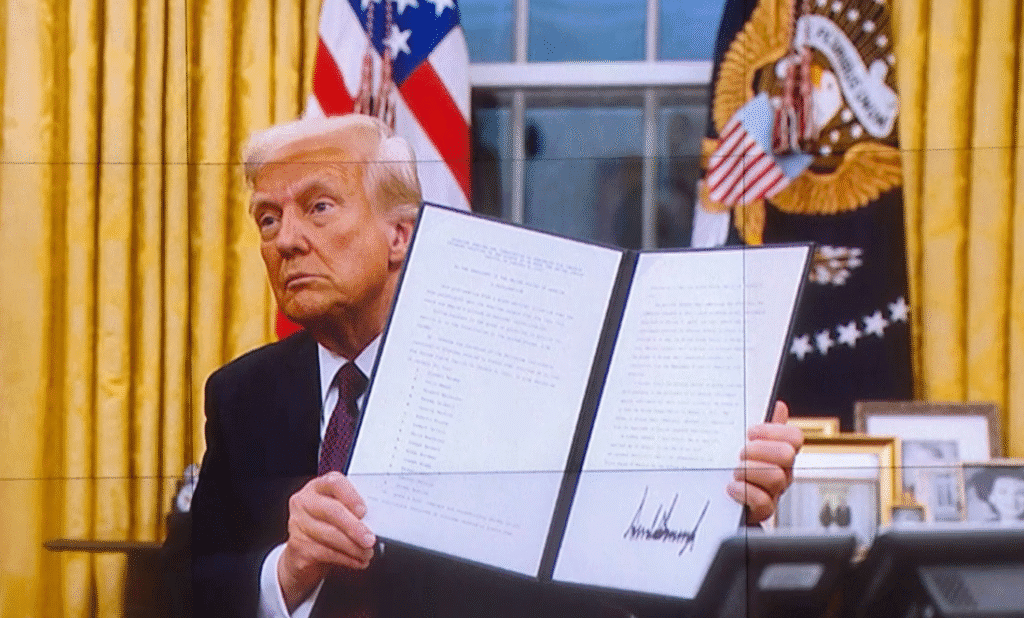
Nigeria has announced that it welcomes assistance from the United States in its ongoing fight against terrorism, but only if such support respects the country’s sovereignty.
The statement followed remarks from former U.S. President Donald Trump, who threatened possible military intervention and a halt to American aid if Nigeria failed to stop attacks on its Christian population. Trump said he had directed the U.S. Department of Defense to prepare for a rapid response, accusing the Nigerian government of failing to protect its people.
The comments triggered diplomatic tension between Washington and Abuja, prompting Nigeria’s presidency to respond that cooperation with the U.S. or any partner must recognize its territorial integrity and independence.
Nigeria has been battling violent extremist groups such as Boko Haram and the Islamic State West Africa Province (ISWAP) for more than 15 years. The insurgency has killed tens of thousands of people and displaced millions, particularly in the country’s northeast.
Analysts say that while Trump’s warning focused on the persecution of Christians, Nigeria’s security crisis affects both Muslims and Christians, along with several ethnic communities. The violence is driven by a mix of terrorism, poverty, and land conflicts, making the situation far more complex than a single religious issue.
The administration of President Bola Ahmed Tinubu defended the country’s record on religious freedom, saying Nigeria remains committed to protecting citizens of all faiths. Officials stressed that the government is working to strengthen national security through regional collaboration and improved counterterrorism operations.
Trump’s warning marks a renewed focus by his administration on global religious freedom. Since returning to office, he has placed Nigeria on a list of “Countries of Particular Concern” for alleged human rights violations, signaling a tougher U.S. stance toward the West African nation.
Experts argue that any American role should focus on intelligence-sharing, surveillance technology, and humanitarian support rather than direct military involvement. They warn that outside interference without coordination could worsen the situation.
Despite rising tension, Nigeria remains a key U.S. security partner in West Africa. Both nations are now seeking to balance cooperation with sovereignty as they confront the growing threat of terrorism in the region.
- Why Is Melania Trump Chairing a U.N. Security Council Meeting?
- FBI Fires 10 Agents Who Worked on Trump Classified Documents Investigation
- 4 killed, 6 injured after boat opens fire on Cuban border guards
- Democrats Win 3 Special Elections in PA and Maine as Trump Delivers State of the Union
- CNN Data Expert Predicts ‘Diddly-Squat’ Poll Bump From Trump Speech

